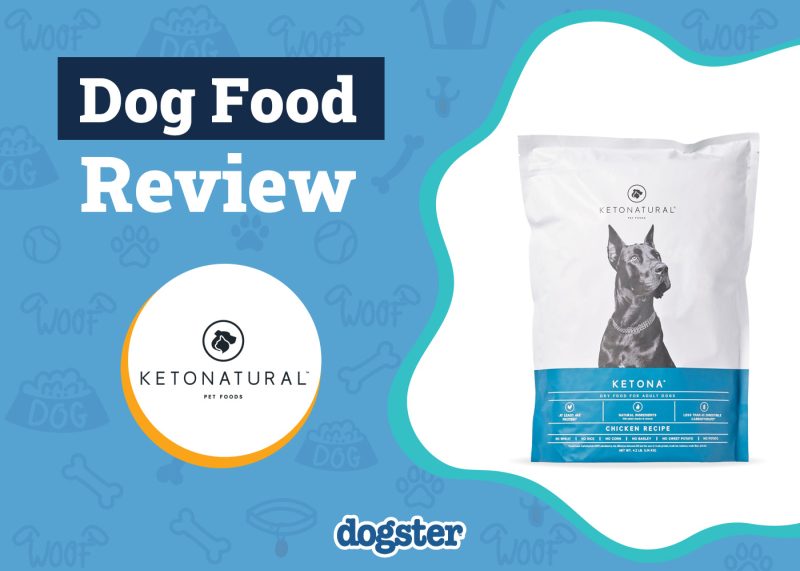Artichokes are large thistle-like perennials grown for their edible flower buds. Their leaves, stems, and roots are often used to make extracts for medicines, but the plant can also be used in recipes like dips and side dishes. The plant offers plenty of health benefits for humans, including potentially regulating blood pressure and promoting liver health. Since they’re so good for us, you may wonder if you can share the benefits with your dog.
Artichokes are not toxic for dogs; therefore, they can be offered if your pet really likes them. However, there are some things you should know before giving any to your pup.
Read on to learn more about the benefits and risks associated with offering your dog artichokes.

Benefits of Feeding Artichokes to Dogs
As alluded to in our introduction, artichokes have many health benefits. Some of these benefits do extend to your canine companion, so let’s take a closer look at what your dog will get from eating this slightly nutty and bitter plant.

Vitamin & Mineral Content
Artichokes are chock full of powerful nutrients and are low in calories. They have practically no fat in them at all.
They are particularly high in fiber, folate, magnesium, phosphorus, and potassium, all of which have benefits for your pup. Let’s look more at these benefits in detail:
- Fiber is important for gastrointestinal health, including maintaining intestinal integrity and function and the modulation of gut microbiota.
- Folate (vitamin B9) is an essential vitamin your dog needs in their diet1. It’s required for the growth and creation of cells and red blood cell production.
- Magnesium is another essential mineral your dog needs included in their diet. It is important for maintaining an electrical balance across membranes, regulating blood sugar levels and blood pressure, and it plays a role in protein production.
- Phosphorus is a mineral that helps build strong, healthy bones. It also plays a part in the maintenance of cell structures and helps with cell energy production.
- Potassium is an important electrolyte necessary for muscle and nerve function.
Antioxidant Content
According to the National Foundation for Cancer Research, artichokes have one of the highest antioxidant content of any vegetable2. While there have been limited studies of the effectiveness of antioxidants in animals, there is anecdotal evidence that suggests they may be able to treat cell damage caused by some inflammatory conditions like allergies and arthritis.
Additionally, the natural plant chemicals (phytonutrients) in artichokes have antioxidant properties. While these plant chemicals are non-essential (meaning your dog doesn’t require them to live), some data suggests that phytonutrients can possess anti-inflammatory properties that may prevent some chronic diseases.

Are There Risks Associated With Feeding Artichokes to Dogs?
While there are many benefits to reap, feeding artichokes to your pup doesn’t come without risks. The two biggest concerns are choking and improper preparation.
Choking Hazard
Artichokes, especially their leaves, can be tough and challenging to swallow. This is particularly problematic for smaller breeds, but even big dogs can struggle with eating an artichoke, especially if they’re not cut small enough.
Improper Preparation
Many spices, seasonings, vegetables, and herbs are toxic for dogs. Vegetables like onions and garlic are commonly used in artichoke recipes, but both can be harmful (and even deadly) for dogs. Artichokes are often found in antipasto after they’ve been marinated in herbs and oils. While some cooking oils are okay for dogs occasionally and in very small quantities, too much oil can cause extreme gastrointestinal upset and may even lead to a potentially life-threatening condition called pancreatitis due to the high fat content in the oil.
Additionally, canned artichokes aren’t recommended for dogs. While they’re tasty for us, the added ingredients like salt aren’t safe for your pup to consume in large quantities.
How Can I Feed Artichokes to My Dog?
If you’ve decided that the benefits outweigh the risks, there are a few things to know about proper preparation before giving your pup an artichoke.
Raw artichokes are great as your pup will garner the maximum amount of nutrients from eating them prepared this way. Just make sure you’ve cut them into bite-size pieces to reduce your pet’s choking risk.
While you can certainly roast the artichokes you intend to feed your pup, they mustn’t have any unsafe seasonings or spices on them.
If you need to speak with a vet but can't get to one, head over to PangoVet. It's our online service where you can talk to a vet online and get the advice you need for your pet — all at an affordable price!

Conclusion
So, with all that taken into consideration, can dogs have artichokes? Dogs can eat artichokes occasionally as a special treat if they really like them. However, they need to be prepared correctly in order for your pup to reap the benefits of this powerful veggie. It’s best to serve them raw, if possible, to maintain nutrient integrity, but roasting them is okay, too, if your dog prefers them that way. Artichokes mustn’t be cooked with oils, spices, seasonings, or other potentially toxic ingredients that could harm your pet, and they need to be cut into bite-size pieces to reduce the risk of choking.
See also:
- Can Dogs Eat Cherry Tomatoes? Vet Approved Nutrition Facts & Advice
- Can Dogs Eat Liverwurst? (Vet-Reviewed Nutrition Facts)
Featured Image Credit: Modern Meta Photography, Shutterstock




















